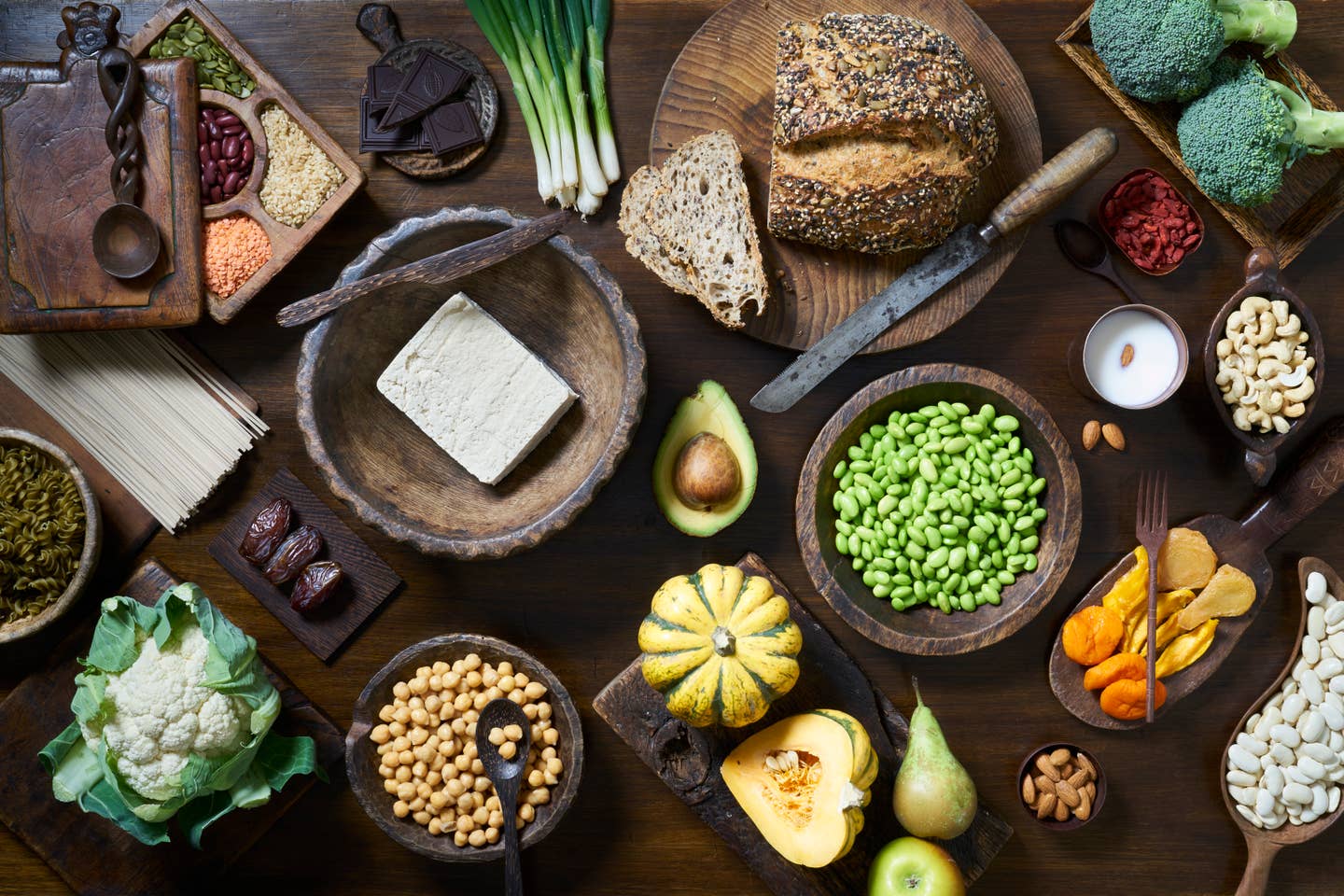
4 Common Plant-Based Diet Myths You’ve Probably Heard–Busted!
Going plant-based isn’t nearly as hard as it once was when the only product on the market was Silk Soy Milk. With fast-food chains providing plant-based options (every day a new one gets added to the list) and big-box stores like Costco, Target, and BJs stocking up on plant-based picks, you can now buy your Gardein meatballs in bulk. But even though plant-based food is more widely available, so is a proliferation of myths about what to eat, whether it's healthier and how to do it right.
Amy Gorin, RDN debunks the most common misconceptions so that you can feel less intimidated about eating more plants and empowered to eat better for your health.
MYTH 1: Eating plant-based just means eating "rabbit food":
When people think about plant-based diets, they visualize lots and lots of fruits and vegetables. And yes, make no mistake there will be plenty of that, but the diet is more complex than that visual suggests. “Eating a plant-based diet doesn’t mean only eating more fruits and veggies,” Gorin says. “You need to eat a balanced diet when eating plant-based, just as you would if you weren’t eating a primarily vegetarian diet.” This means stocking up on whole grains, legumes, seeds, nuts, and minimally processed foods. While many plant-based eaters choose not to eat animal products at all, you can enjoy meat substitutes like seitan, tempeh, tofu or nut cheeses and plenty of your favorite comfort foods can easily be made vegan, with a few easy swaps. Check out The Beet's Plant-Based recipes.
MYTH 2: Plant-based protein is hard to find.
If you’ve ever told someone you’re going plant-based or vegan the first question you get is about protein, and more specifically – where do you get it from. People tend to panic at the thought of cutting out all animal protein, finding it hard to imagine how they’ll get enough without eating chicken, fish or meat on a daily basis, but Gorin says this isn’t a huge concern when it comes to plant-based eating. “You want to look to vegetable proteins such as edamame or legumes like lentils, beans, and peas,” she says. The protein from animal products like meat actually comes from the plant food the animals graze on, so going plant-based is a great way to cut out the middleman out and receive high-quality nutrients.
MYTH 3: Calcium is something a lot of plant-based eaters end up forgetting about.
With any diet, it’s important to remember other key players in the realm of nutrition like calcium which helps keep our bones strong and our heart and muscles humming along. And making sure you’re getting enough calcium is still very doable on a plant-based diet free of dairy, says Gorin. In fact, Gorin says that the same sources you rely on for protein also double as a source for calcium, too. “Pulses, like a cup of canned white beans, offers 191 milligrams calcium (19% of the daily value),” she says. “You can also look for calcium-fortified orange juice and cereal.”
MYTH 4: If you find yourself needing supplements, you’re failing at a plant-based diet.
There's no shame in needing to reach for a supplement to complement your plant-based diet and doing so doesn’t mean you’re not following a plant-based diet correctly. “Many people don’t realize they may need to take certain supplements for nutrients that they aren’t getting as much of through food,” Gorin says. “For example, you may need more vitamin B12—and [since] you’re not eating fatty fish, you may want to look to an algae-based DHA and EPA supplement.” As with any supplement, it’s important to talk to your doctor before you start a new one to make sure it’s a healthy choice for you.
More From The Beet






